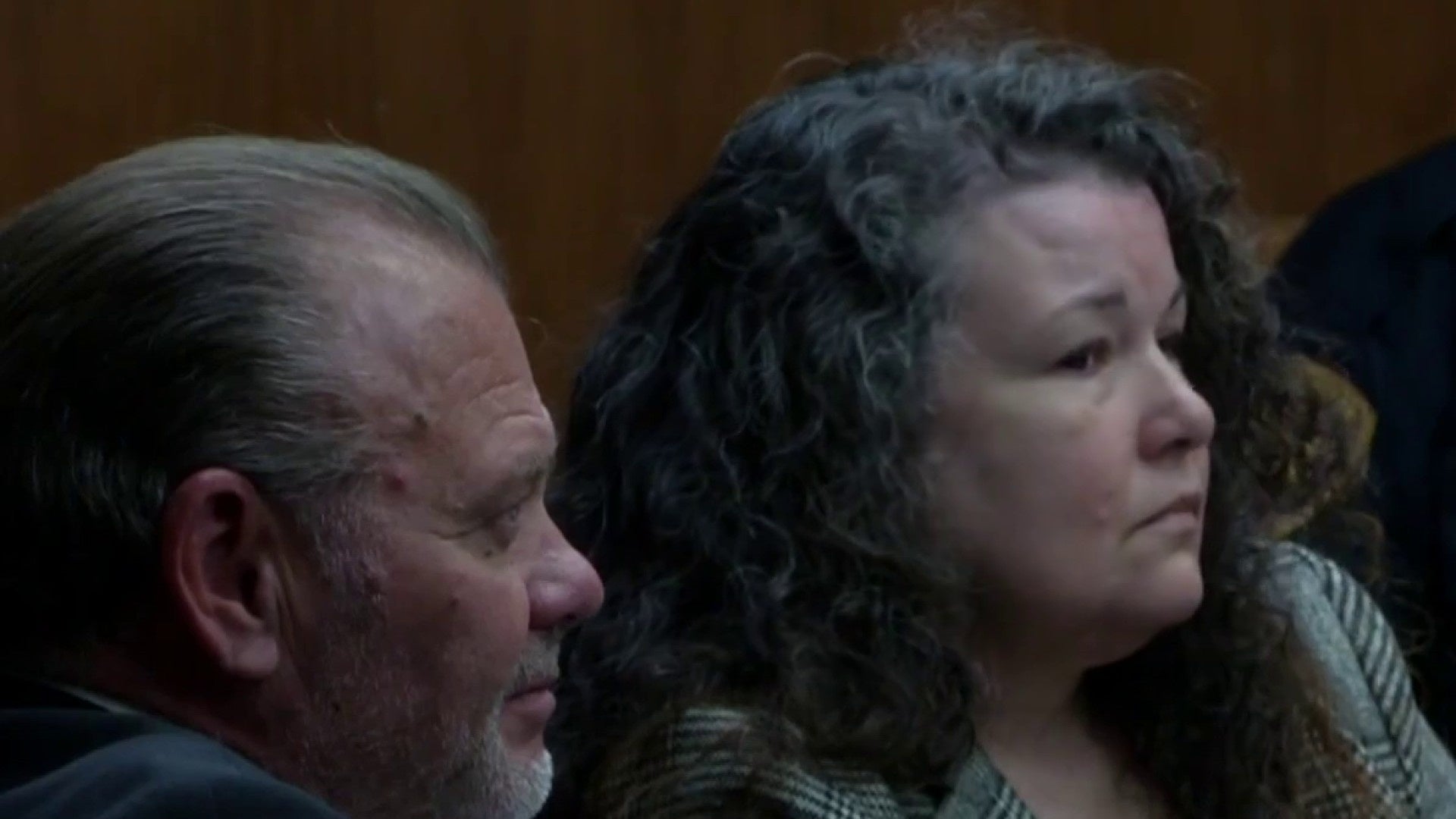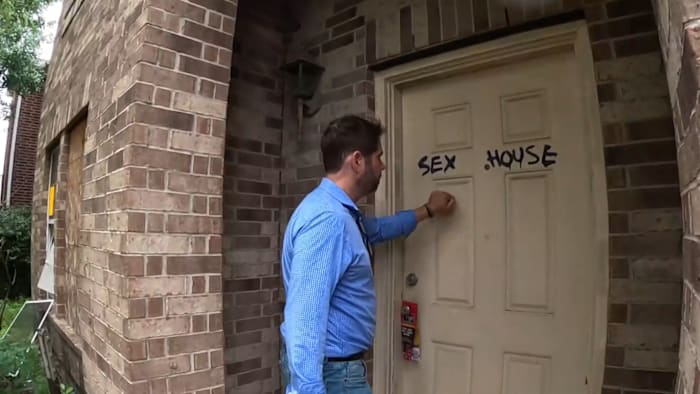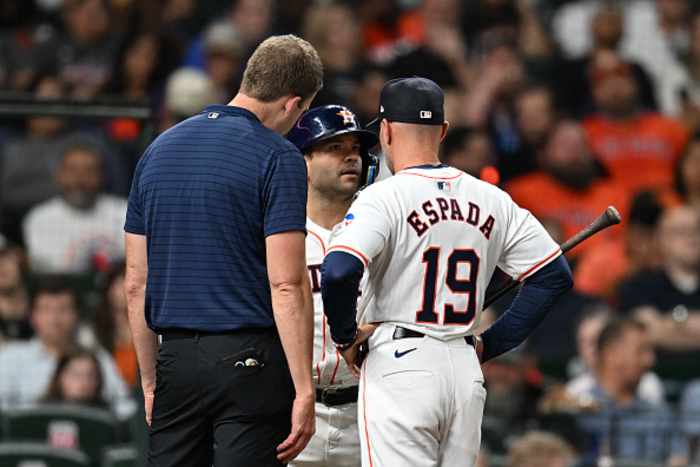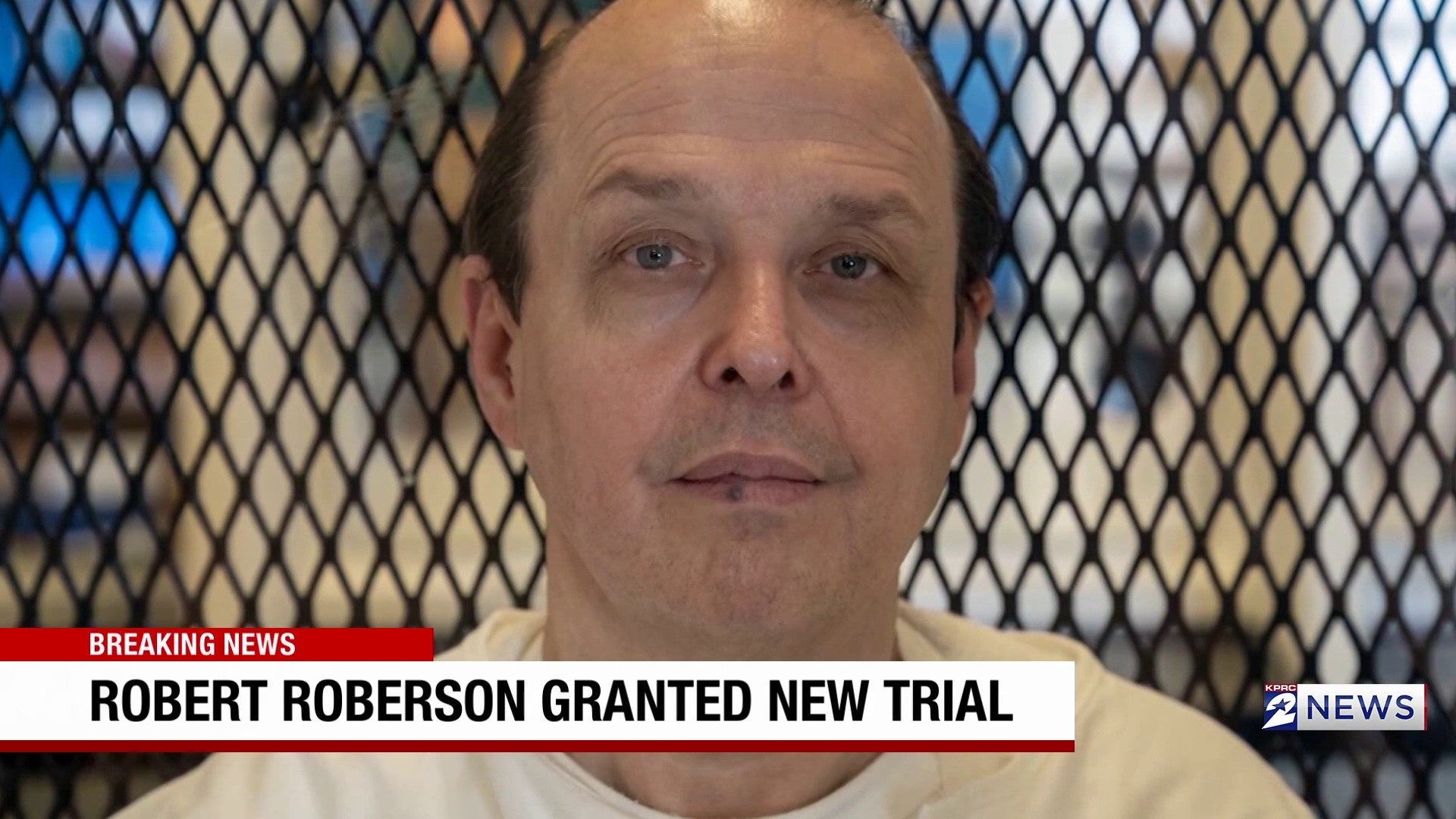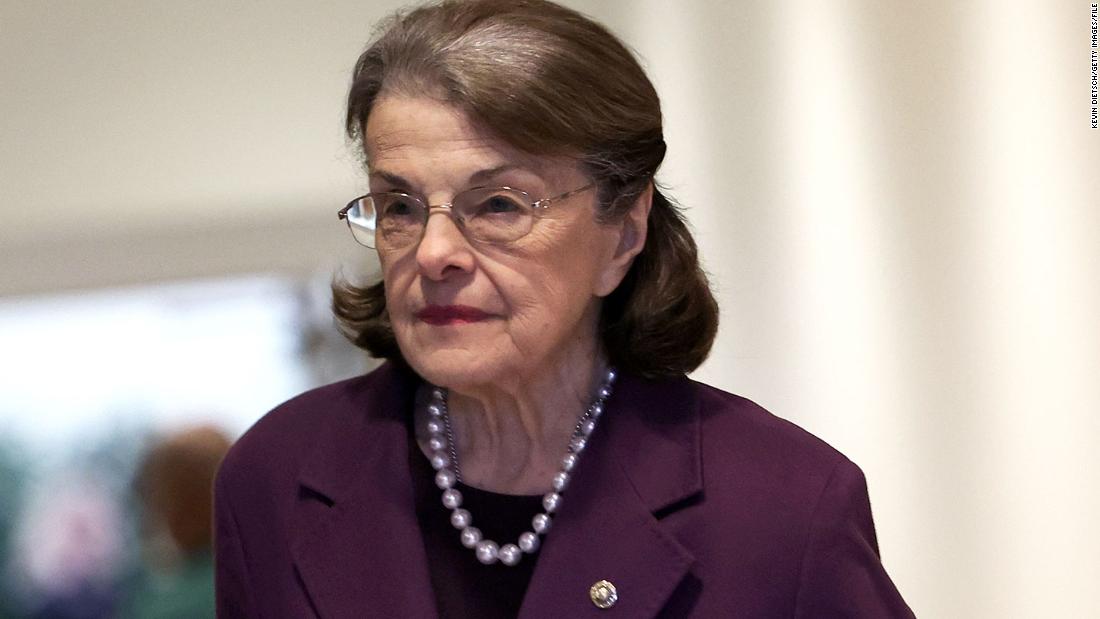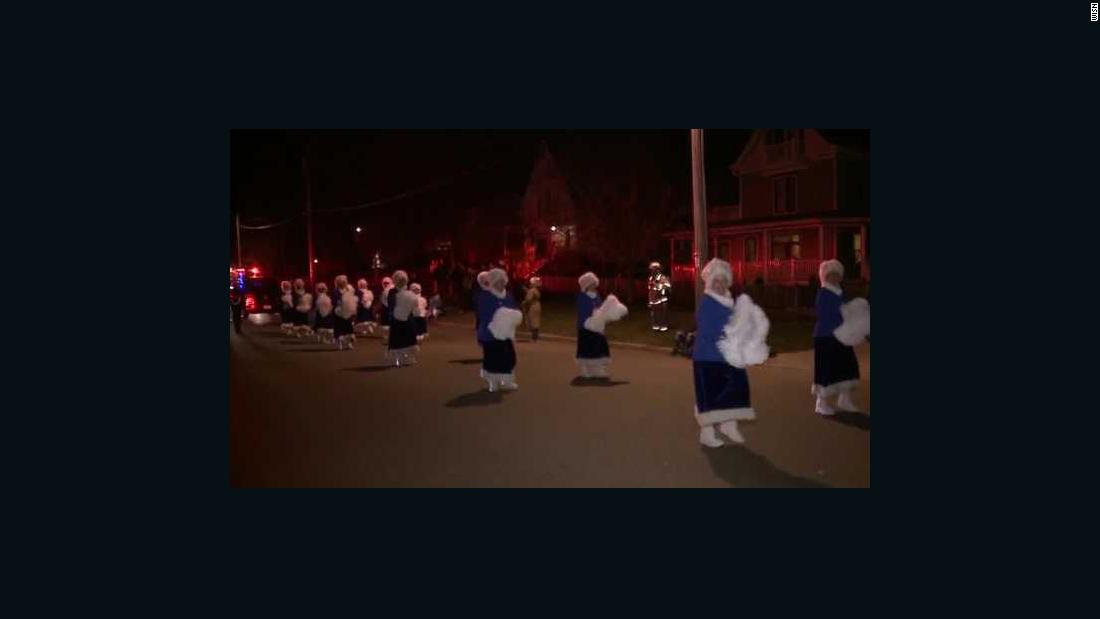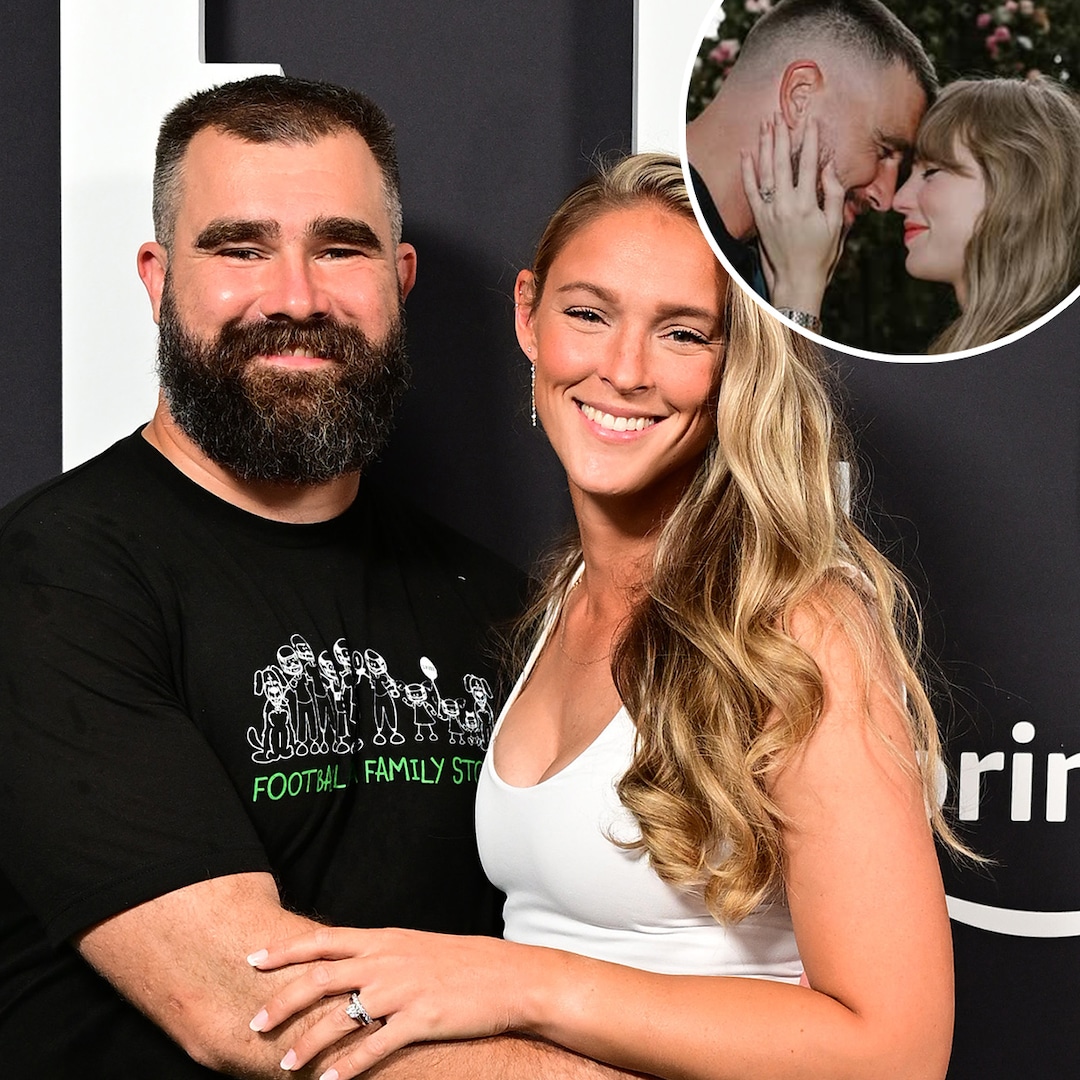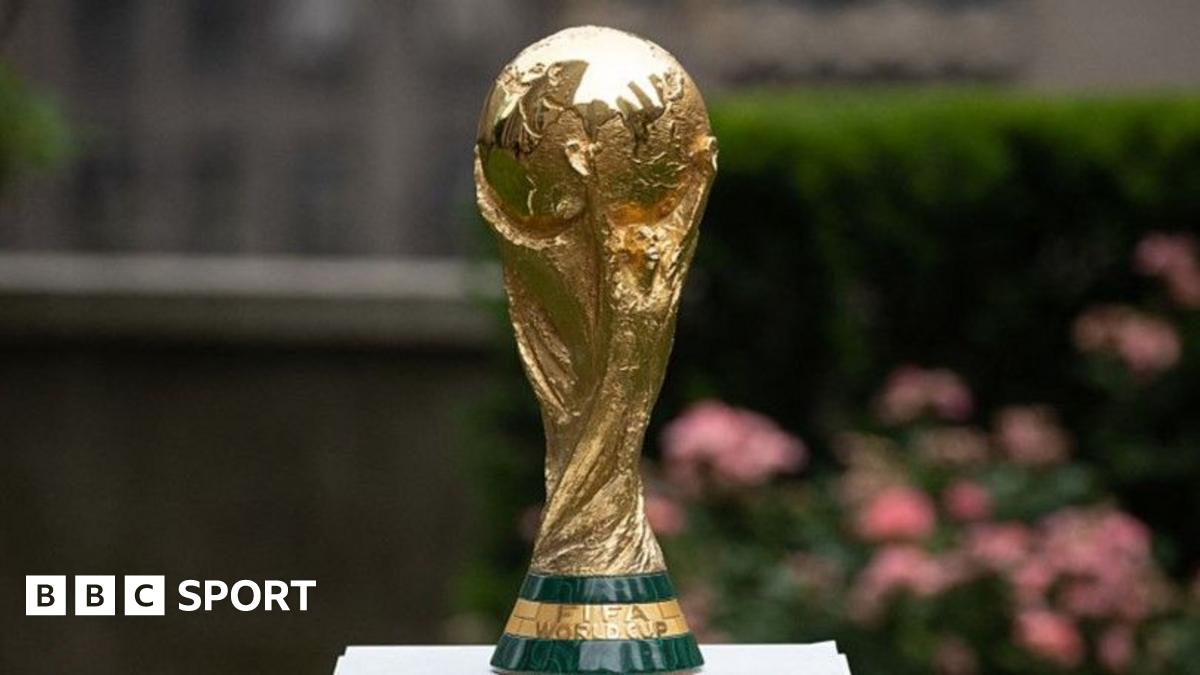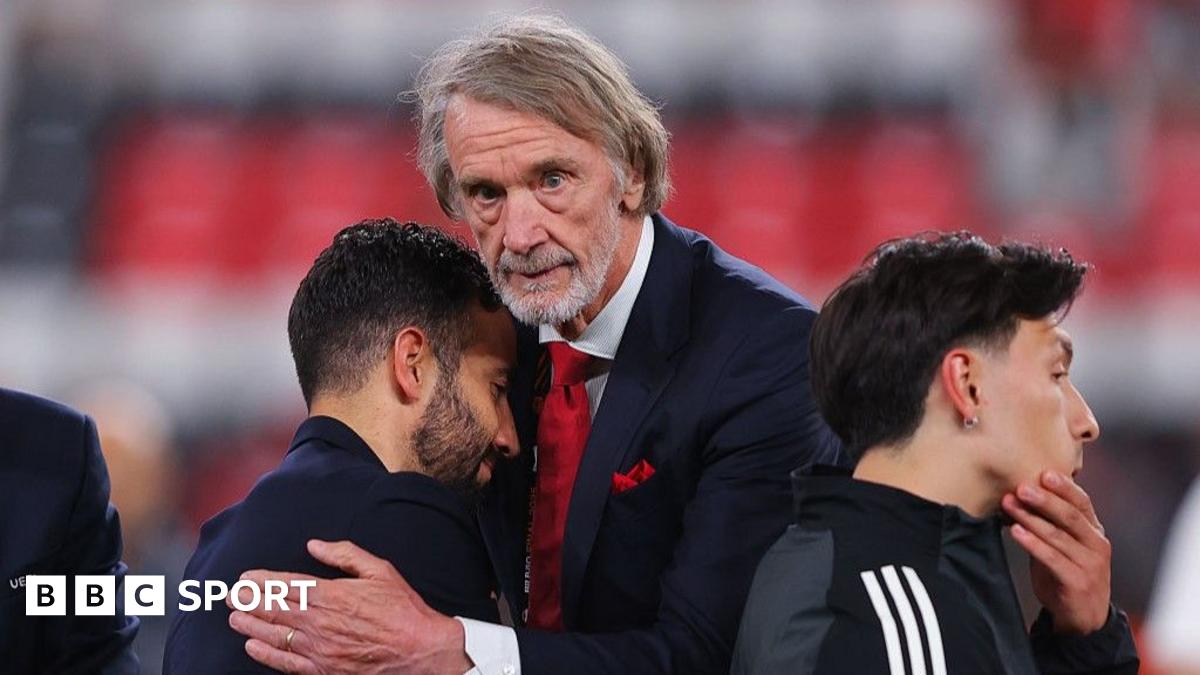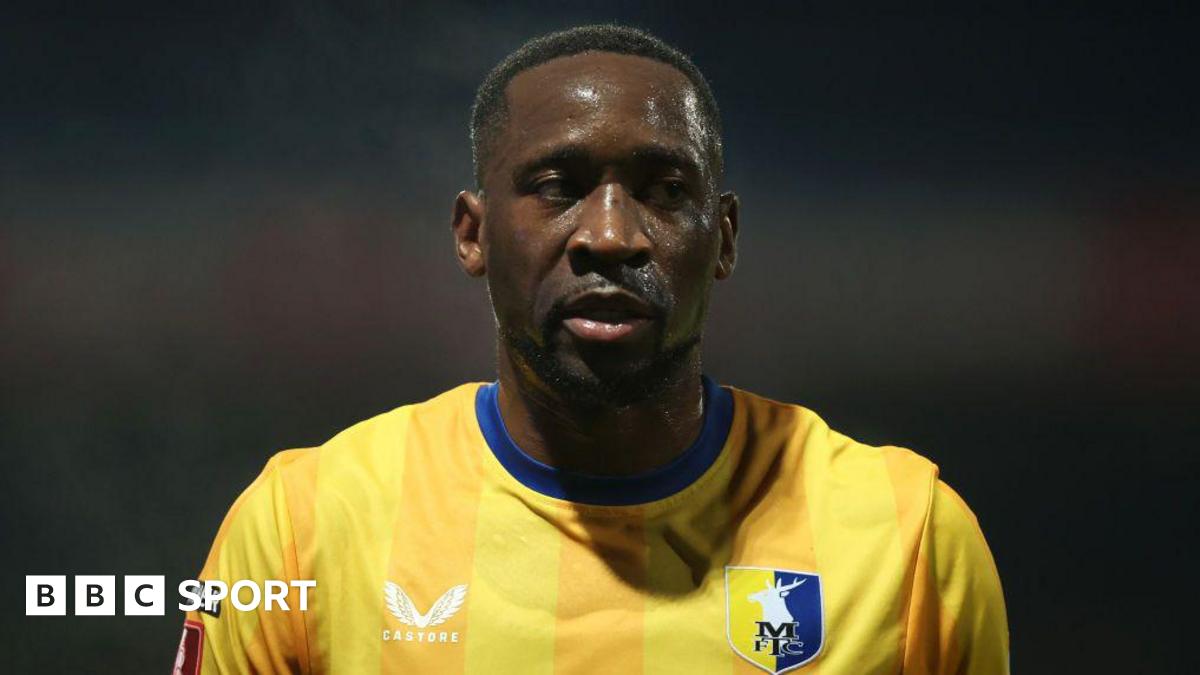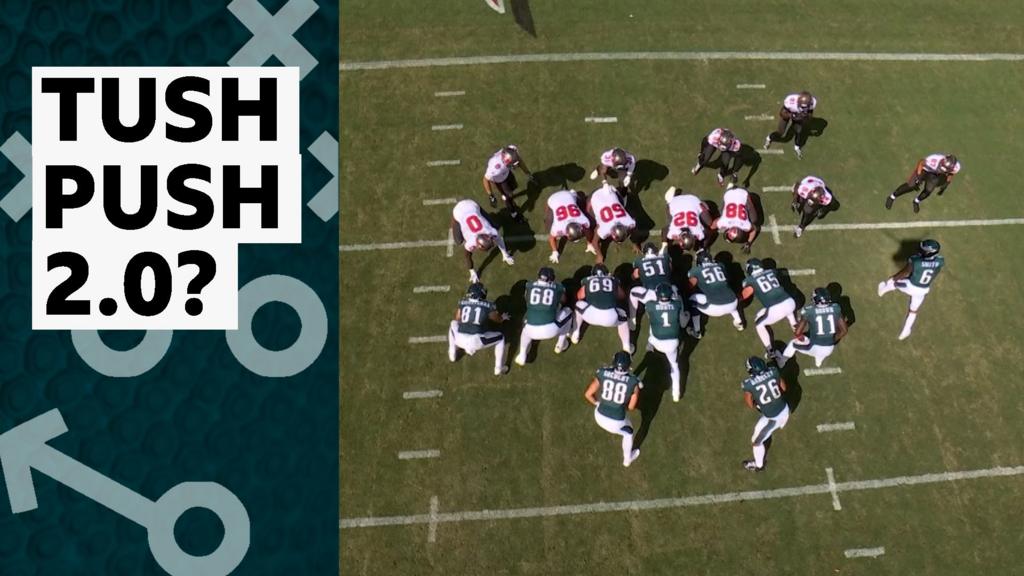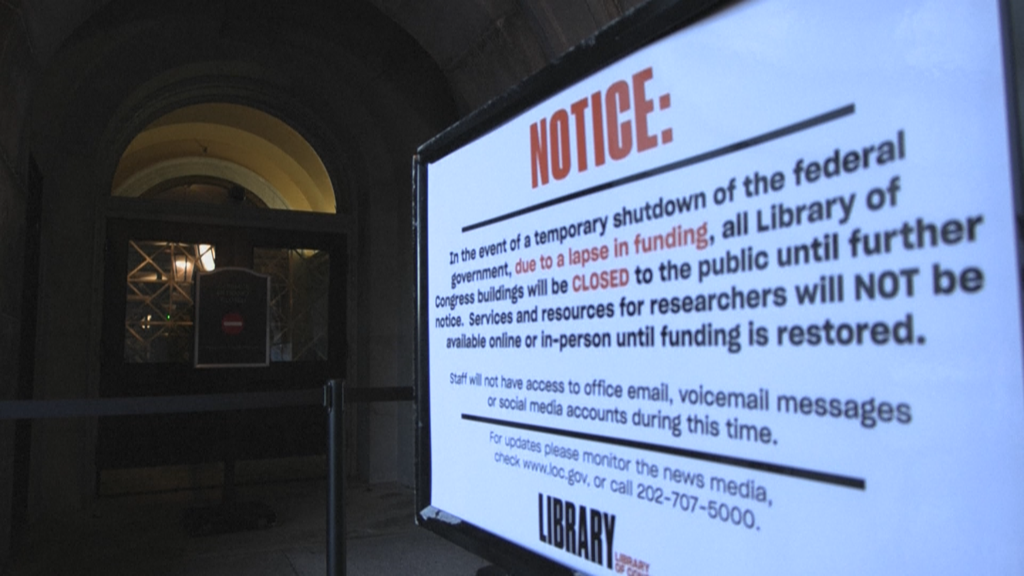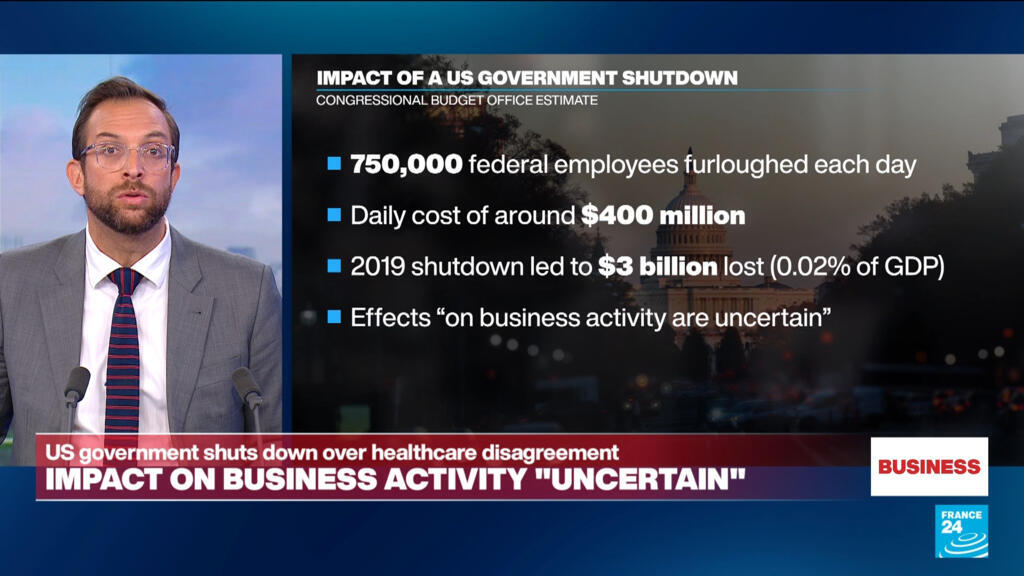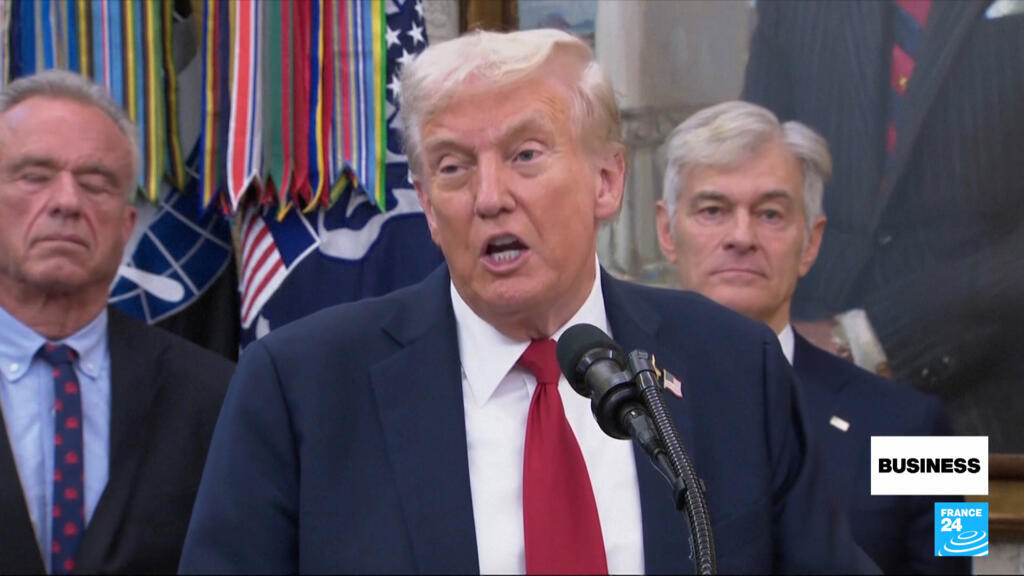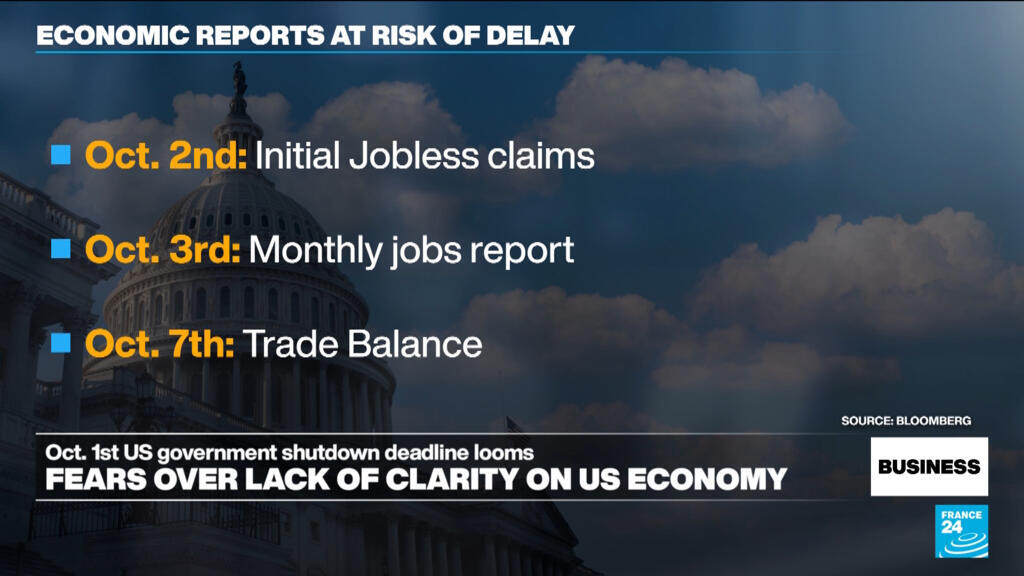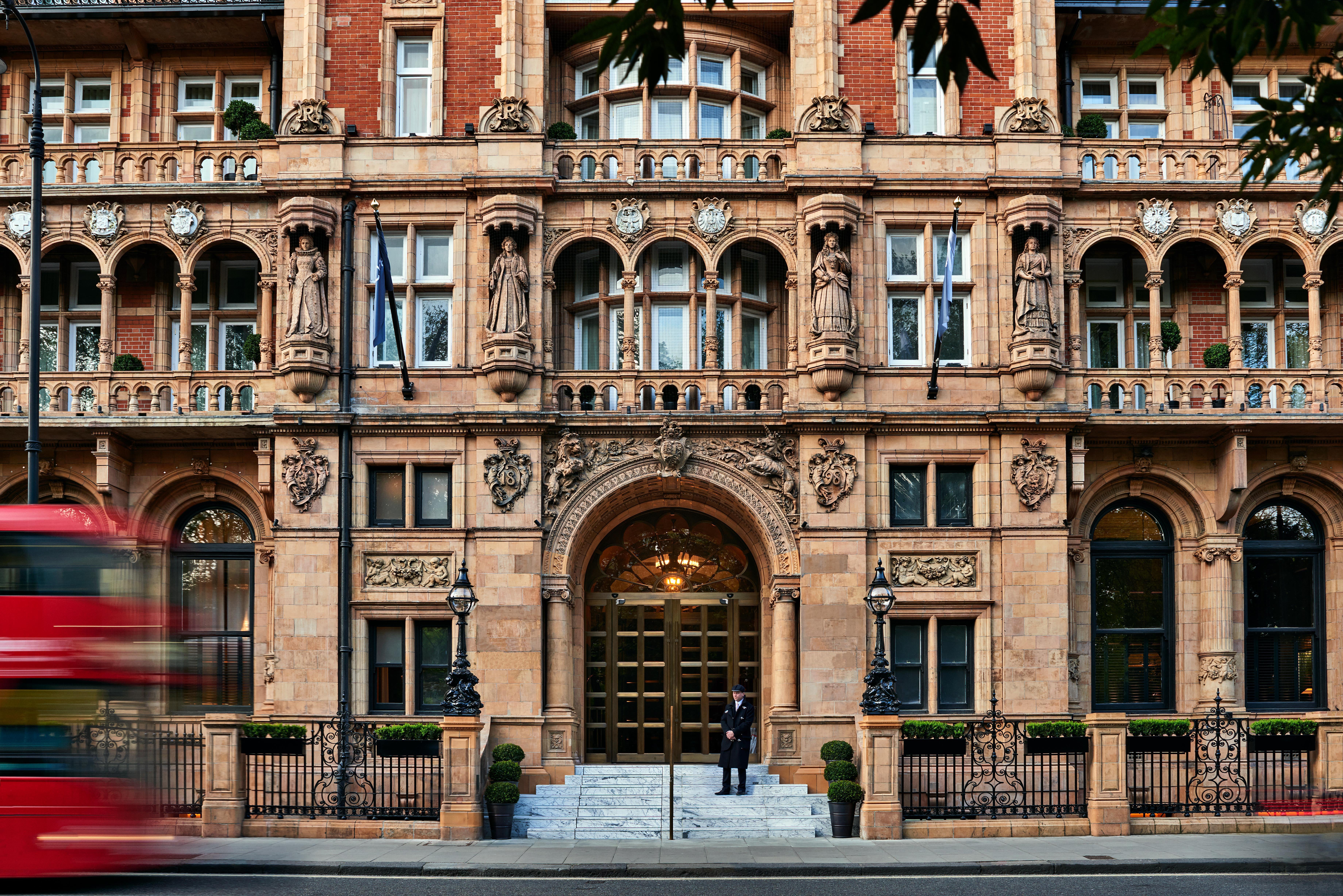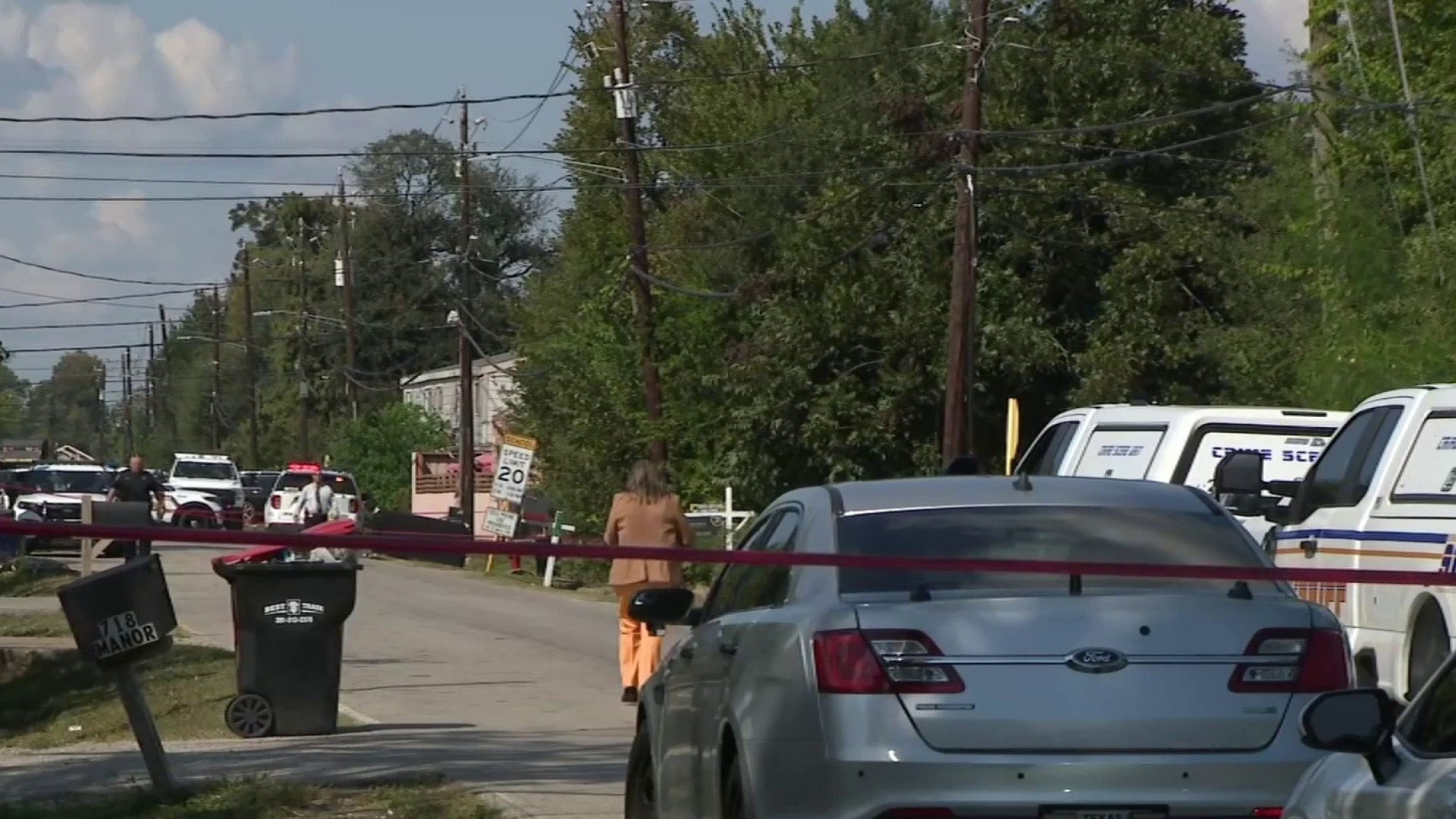Patient who received first fully robotic heart transplant now hiking months after surgery at Baylor St. Luke’s
Surgeons at Baylor St. Luke’s Medical Center have completed the first fully robotic heart transplant, a breakthrough procedure that could transform the future of heart surgery.
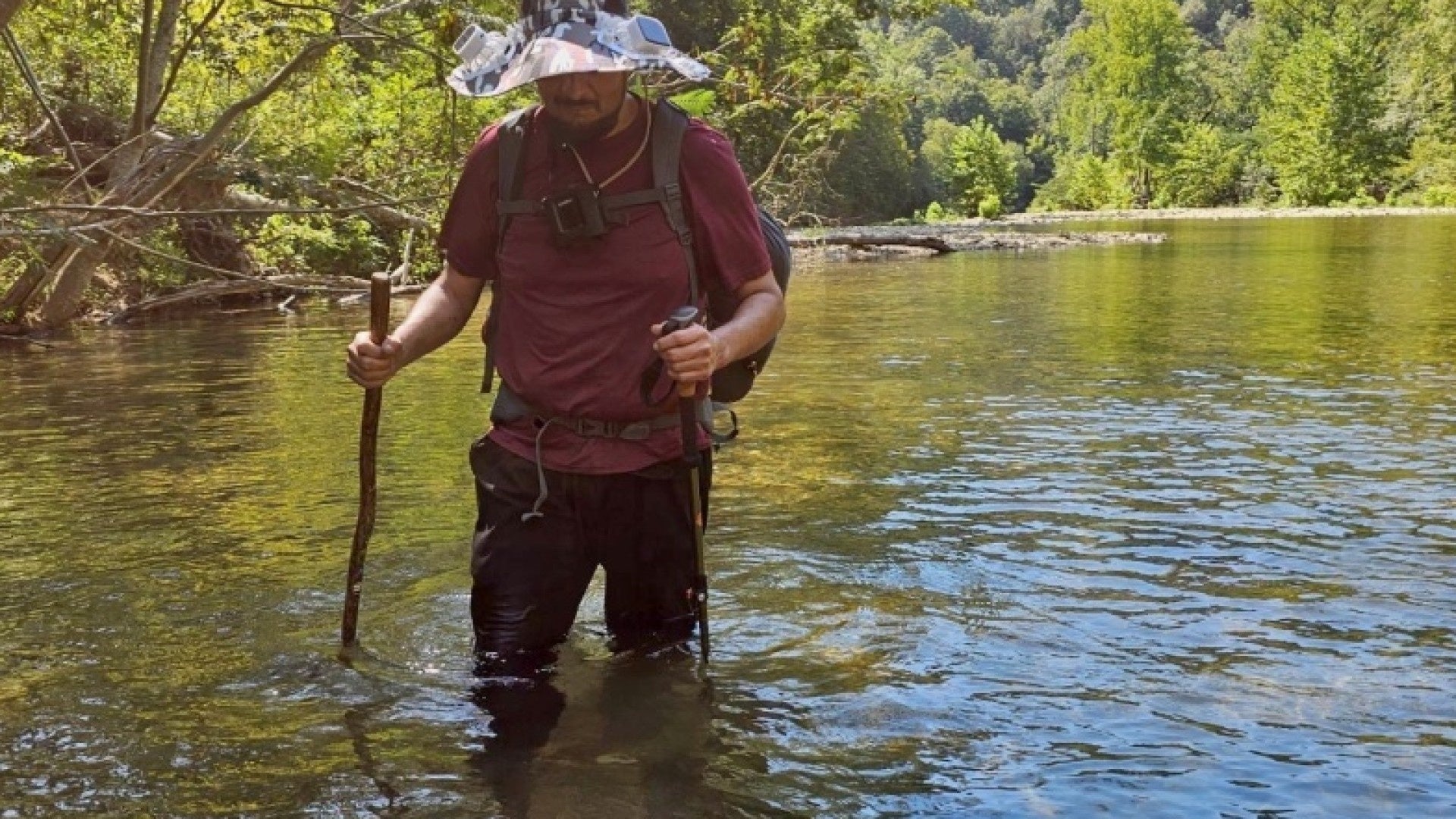
Surgeons at Baylor St. Luke’s Medical Center completed the first fully robotic heart transplant, a breakthrough procedure that could transform the future of heart surgery. The patient, Tony Ibarra, had been hospitalized in November 2024 with heart failure before receiving the transplant in June.
A few months after his operation, Ibarra was photographed hiking through a national park carrying a heavy backpack, a remarkable sign of his recovery.
PREVIOUS REPORT: Fully-robotic heart transplant surgery performed at Baylor St. Luke’s Medical Center
Dr. Kenneth Liao, chief of cardiothoracic transplantation and mechanical circulatory support at Baylor St. Luke’s Medical Center and professor and chief of cardiothoracic transplantation and circulatory support at Baylor College of Medicine, said the team is continuing to refine the procedure.
“We’re trying to find certain tools, certain innovations to make surgery even more efficient next time,” Dr. Liao said.
Unlike traditional heart transplants that require opening the sternum, the robotic surgery uses small incisions below the breastbone to remove the old heart and insert the new one.
SEE ALSO: ‘Groundbreaking,’ First-in-human total artificial heart implanted inside patient in Houston
Without the need to crack open the entire chest, the patient avoids many of the common complications of traditional heart transplants, including a long recovery, tons of pain, and respiratory issues.
“Without an intact chest cavity, it’s very difficult to take deep breaths,” Liao said. “For him, there was no issue like that. That’s why his conventional, traditional complications such as pneumonia, pain, delayed activities, were all bypassed because of this robotic surgery.”
When Dr. Liao received pictures of Ibarra doing a strenuous hike at a time post-operation when other transplant patients would still be fighting complications, he was amazed.
“He was wearing a heavy backpack when trekking the water in the national park,” Liao said. “He did his 100-day checkup with us. All the biopsies were normal, and function is normal. From day one, all the [tests] showed his heart was strong. There were no issues, all the biopsies are negative.”
MORE: Where to find free or low-cost heart screening testing for teens, young adults in the Houston area | Houston heart doctor says everyone should know these things about AFib
Looking ahead, Liao said robotic surgery combined with artificial intelligence will continue to advance medicine.
“We are actually right at the front line and transforming future medicine,” he said. “In five to 10 years, it’s going to be a bunch of robots in the hospital. We’re doing research to incorporate AI to help physicians and patients.”
This first fully robotic heart transplant represents a surgical milestone and offers hope for faster, safer recoveries for future patients.

